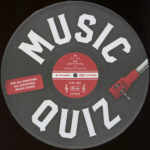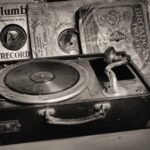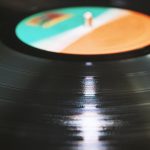Beyond YouTube: Mapping Music on the Internet
Introduction
Links Only
Descriptions and Links
> Album Covers
> Song Covers
> Blues
> Children’s Music and Parental Guides
> Downloading, Streaming, Playlists
> Finding Live Music
> Folk, Acoustic, Americana
> Halls of Fame and Museums
> History Timelines and other Deeper Dives
> Instruments and Resources for Musicians
> Internet Radio
> Jazz
> Lyrics and Song Interpretations
> Maps and Recommendation Engines
> Mastering Remastering
> Miscellaneous Sites Including Indie, Girl Groups, EDM, Trap, Pop
> Music Archives
> Music News and Commentary
> Odd and Unique Sites
> Online Music Communities
> Organizing Music Libraries
> Rating Music
> Regional Sites
> Rock
> Setlists
> Television, Podcast, Movies and Performance Sites
> Trivia
> Video Sites
> Wikis
Opinion: Descriptions and Links
> Best Soundtracks
> Focus on the Greats: Rock
> How to Listen to Music
> Movies About Rock
> Recommended Rock Books
> Recommended Videos
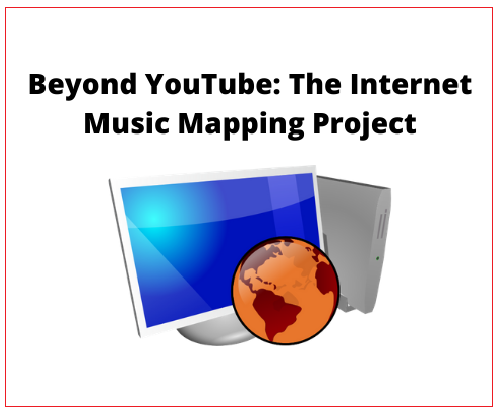 The amount of information and pure data available about music – both today’s and yesterday’s – is staggering.
The amount of information and pure data available about music – both today’s and yesterday’s – is staggering.
The Alan Lomax Sound Archive Now Online: Features 17,000 Blues & Folk Recordings
A huge treasure trove of songs and interviews recorded by the legendary folklorist Alan Lomax from the 1940s into the 1990s have been digitized and made available online for free listening. The Association for Cultural Equity, a nonprofit organization founded by Lomax in the 1980s, has posted some 17,000 recordings.
American Archive of Public Broadcasting
The collection of 40,000 hours contains thousands of high quality programs that have had national impact. The vast majority of this initial American Archive content, however, consists of regional and local programs that document American communities during the last half of the twentieth century and the first decade of the twenty-first. This extraordinary collection includes local news and public affairs programs, local history productions that document the heritage of local communities, and programs dealing with education, environmental issues, music, art, literature, dance, poetry, religion, and even filmmaking on a local level.
The ARChive of Contemporary Music
ARC contains more than three million sound recordings. That’s 90 + million songs. We preserve copies of each version of every recording, in all known formats, and have electronically catalogued more than 400,000 sound recordings and digitized 200,000 without partners the Internet Archive – more than any other public, university or private library in America. ARC also houses more than three million pieces of attendant support material including photographs, videos, DVDs, books, magazines, press kits, sheet music, ephemera and memorabilia.
BBC Archives Music Collection
BBC Archives Music Collection consists of two distinct collections, the Commercial Music Collection and the Sheet Music Collection.
The Commercial Music Collection was established in 1932 and is an extensive collection of both popular and specialist music ranging from the Top 40 to classical, world music, blues and jazz, including many hard to find items. In addition, the collection includes production library (or “mood”) music releases.
The Sheet Music Collection was established in 1923. It holds over 2.5 million sheet music items with many rare and unique materials composed or arranged for use by the BBC. The collection is primarily used by the BBC’s performing groups (including 5 orchestras and the BBC Singers), as well as across TV & Radio production – supporting output including Radio 3 concerts, Friday Night is Music Night and the BBC Proms. [Editor’s Note: It is not clear if the above description is directly connected to the link below. Suffice it to say, however, that anyone poking around the BBC archives will find a lot of great music.]
MetaBrainz
The MetaBrainz Foundation is a global community creating and maintaining an open encyclopedia of music and arts metadata. Beginning as a resource for music collectors we currently establish collaborations between volunteers, artists, and industry leaders. Since it’s founding it has grown into a global community of hundreds of thousands of editors collaborating together to build and maintain the MetaBrainz comprehensive datasets.
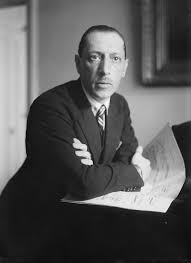
The Society for American Music
The Society for American Music is dedicated to the study, teaching, creation, and dissemination of all musics in the Americas. As a scholarly, collegial, and inclusive organization, we serve a wide and diverse array of academics, librarians, composers, performers and members of the general public.
Society for Musical Theory
The Society for Music Theory promotes the development of and engagement with music theory as a scholarly and pedagogical discipline. We construe this discipline broadly as embracing all approaches, from conceptual to practical, and all perspectives, including those of the scholar, listener, composer, performer, teacher, and student. The Society is committed to fostering diversity, inclusivity, and gender equity in the field.
The Concert Database
This site is dedicated to sharing experiences of live performances and their incidental details such as tour programs, ticket stubs, photos, audio, video and more…By cataloging these performances we can study how pieces have evolved over time and learn about small nuances hidden within the performances. [Editor’s notes: This and the preceding listing are different sites. This site has a ton of information, but it is having technical difficulties. I’m including it in the hopes that they find and fix the issues.]
ReelRadio
The primary function of REELRADIO is archival and educational. Our focus is Top 40 radio from 1955 to 1989. Our aircheck exhibits are recordings of one-time radio broadcasts, both full-length and “Scoped”. Scoped airchecks are shorter in length and do not include musical performances.
The Smithsonian
The Smithsonian’s combined musical resources constitute the world’s largest museum of music. Music is an integral part of the Smithsonian’s connective tissue, spanning a remarkable number and diversity of collections, programs, and exhibitions. If you listen closely, the Smithsonian is not as quiet as you might think!
Smithsonian Folkways Recordings
Smithsonian Folkways Recordings is the nonprofit record label of the Smithsonian Institution, the national museum of the United States. We are dedicated to supporting cultural diversity and increased understanding among peoples through the documentation, preservation, and dissemination of sound. We believe that musical and cultural diversity contributes to the vitality and quality of life throughout the world. Through the dissemination of audio recordings and educational materials we seek to strengthen people’s engagement with their own cultural heritage and to enhance their awareness and appreciation of the cultural heritage of others. Smithsonian Folkways is part of the Smithsonian Center for Folklife and Cultural Heritage.
Tradconnect
Tradconnect was established in 2011 as an independent music channel that connects Irish, Scottish and other traditional musicians across the world. Whilst initially focused on Irish traditional music the site has expanded to cover music that falls under the general ‘Celtic’ genre including Scottish, Breton, Glacian and related music.
Questia
Impressive list of online research on many music genres and topics.
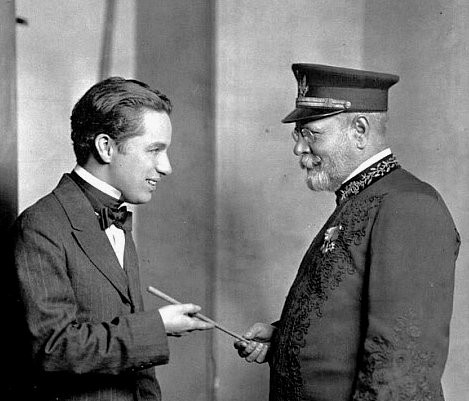
The Silent Film Sound & Music Archive
Established in 2014, SFSMA is building a robust archive of music for silent cinema (c. 1895-1930) and related film technologies for research and performance. The archive includes sheet music for film, cue sheets, instruction manuals for film accompanists, and a bibliography of resources on silent film sound and music. All of the silent film music archived here is available to download for free. It can be used for scholarship and research, lectures, to accompany showings of silent films, as the basis for the creation of new scores for old or new movies, and a myriad of other projects calling for music from the silent era.
William P. Gottlieb Collection
William Gottlieb is perhaps the best known photographer of jazz’s golden age. His work was as identifiable as Ed Hopper’s or Salvador Dali’s. There are two reasons to look at his work: The photography is beautiful and captures the great jazz people and their era with uncanny immediacy. They seem to be incredibly present and just as incredibly something of the past.
Wayback Machine
The Wayback Machine is a digital archive of the World Wide Web, founded by the Internet Archive, a nonprofit organization based in San Francisco. It allows the user to go “back in time” and see what websites looked like in the past. Its founders, Brewster Kahle and Bruce Gilliat developed the Wayback Machine with the intention of providing “universal access to all knowledge” by preserving archived copies of defunct webpages. [Description: Wikipedia]
Yale University Library Oral History of American Music Collections Guide
Since its founding in 1969 at Yale University, Oral History of American Music (OHAM) has been dedicated to the collection and preservation of the voices of the major musical figures of our time. The project captures musicians’ narratives and reflections in their own words through in-depth interviews. With an ever-expanding collection, OHAM is a living archive, currently comprising approximately 3,000 audio and video recordings. We regularly conduct, catalogue, and transcribe interviews with emerging talents and established artists, producing a wealth of primary and secondary source material accessible to musicians, students, scholars, arts organizations, and the media. The guide is here.

